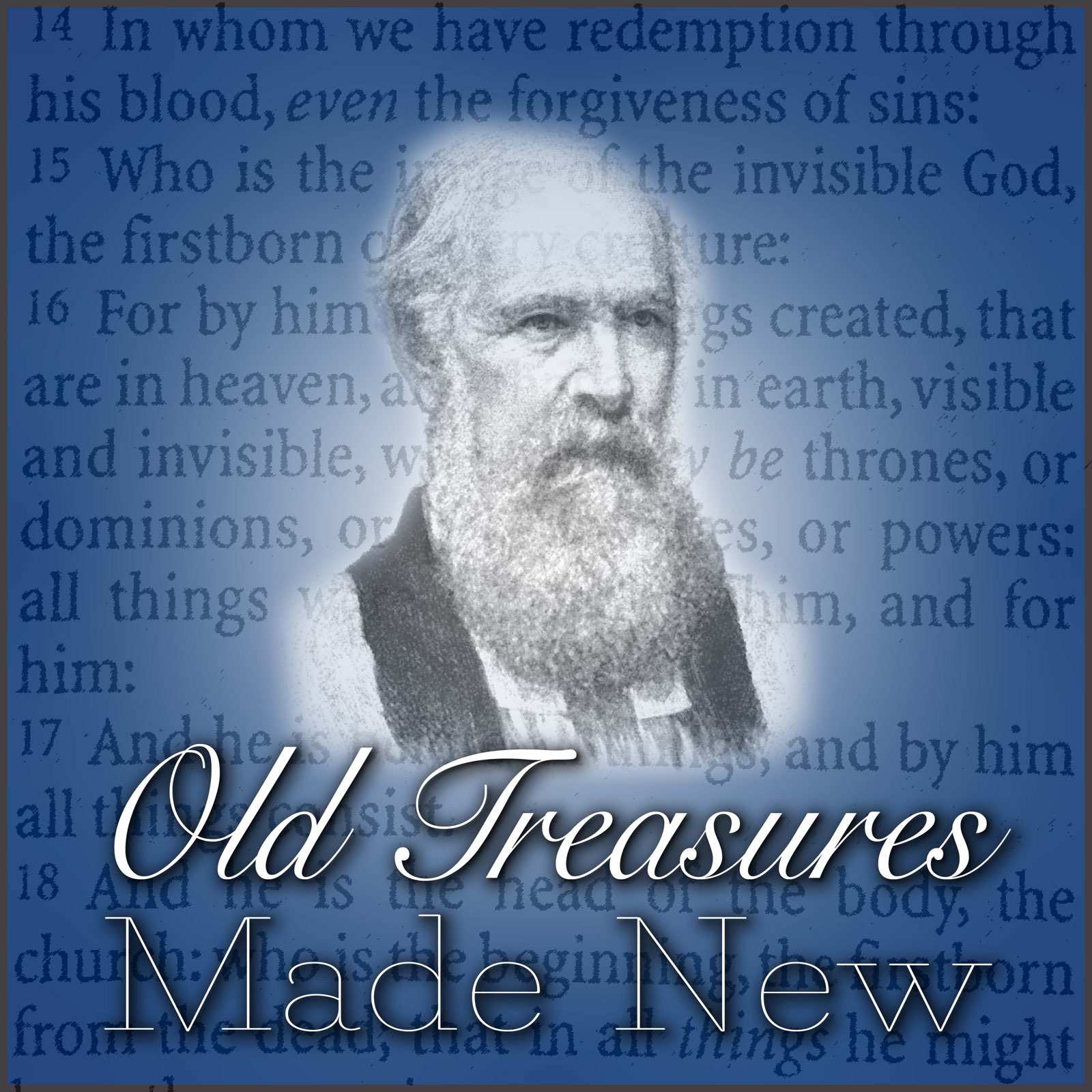Episode 361
John 9:13-25
Until John, we have been using older manuscripts of Ryle's Expository Thoughts. Just recently, though, EP Publishing has put out a lightly updated version of Ryle's work, which I am now working from. If you are interested in a physical copy of the Expository Thoughts, you can find it HERE.
John 9:13-25
- These verses show us how little the Jews of our Lord’s time understood the right use of the Sabbath.
- These verses show us the desperate lengths to which prejudice will sometimes carry wicked men and women.
- These verses show us that nothing convinces a person so thoroughly as their own senses and feelings.
"A good work had manifestly been done to a helpless fellow-creature. A heavy bodily infirmity had been removed. A mighty act of mercy had been performed. But the blind-hearted enemies of Christ could see no beauty in the act."
"So long as a person is candid, fair and honest-minded there is hope for them, however ignorant they may be."
"Feelings are deceitful and are not everything in Christianity. But if we have no inward feelings about spiritual matters, it is a very bad sign."
Questions:
- We come again to Ryle's convictions regarding the Sabbath. If you have followed along over Matthew, Mark, and Luke, you have certainly heard this again and again. The question I simply ask you is: are you convinced? Why or why not?
- We see that the Jews had already made up their minds about Jesus in this passage. Ryle points out that this is the most dangerous state of mind to the soul. There is much hope for the one who is teachable, childlike and unfettered by prejudice. Do we pray this for ourselves? How about for those who are unbelievers around us?
- The blind man has only one answer for the Pharisees, "I was blind, and now I see." Ryle points out that one's knowledge may be small and their faith feeble, but the question that matters most is: is the Holy Spirit at work within me? Feelings can be deceitful, but no inward feelings about spiritual matters is a very bad sign. Do we come from a background in which feelings were overemphasized or under? Can we say, "I was blind/in the dark/afraid of God/fond of sin and now see/am in the light/love God/hate sin?"


